BOONE, N.C. — When Dr. Alex Howard arrived on the Appalachian State University campus in 2015 as the first director of Wellness and Prevention Services, he was given the charge of taking a community-based approach to student health.
Two years later, he summarizes his philosophy simply as, “less PowerPoint, more engagement.”
Whether it’s launching a game of Wellness Jeopardy or the new Whole Life Club, a student-led effort to encourage healthy living on campus and make Boone a Blue Zones Project® community, Appalachian staff, faculty and students understand the power of making wellness an enjoyable, and even joyful, part of everyday life.
“All too often on campus, we’ve got people who bore people,” Howard said. “They talk for 45 minutes straight and students are not interested in that. They want to engage with you and the material.”
Howard’s office, which is part of the Division of Student Affairs, has identified eight dimensions of holistic wellness that form a framework for his office’s programs. Those dimensions are:
- emotional
- environmental
- financial
- intellectual
- occupational
- physical
- social
- spiritual
Data direct the office’s programs, but Howard said he is always looking for the stories behind the numbers. Two years ago, a campus-wide assessment on student health behaviors found that first- generation college students, students of color and lesbian, transgender and gay students were lacking support.
Howard created a position in his office to work with those students to create support groups and other services. One example, A Voice at the Table, is a support group that offers students of color a chance to use poetry to talk about their experiences. Additionally, staff members have been dropping in on coaching sessions in the Student Learning Center to get to know students there.
“Everyone in this office is present at different student activities,” Howard said. “We’re involved in clubs and organizations. We’re constantly getting feedback.”
Data also directed Howard to make changes to Repost: Rethink, a suicide-prevention program. Student feedback identified Elisabeth Cavallaro as the most engaging of the program’s educators and asked for less of a lecture format.
Cavallaro, coordinator for student mental wellness, is also an avid gamer in her spare time and incorporated some of the techniques she enjoys when she plays trivia games. Cavallaro divided students into teams that received points for correct answers, converted various sections of the lecture into rounds of information and discussion, and added a bonus round of questions at the end of the evening.
Harnessing the power of peer-to-peer education led the office to create Wellness Educators for Change, Advocacy and student Needs (WE CAN). The department also houses the Red Flag Educators. These students host a number of activities, such as Take Back the Night, which is dedicated to ending all forms of violence.
Sydney Hobart, a senior from Matthews majoring in cellular/molecular biology, said she got involved in the program because the peer educators were so visible on campus.
“I think peer education is so beneficial and successful the way we do it here,” she said. “As college students, we tend to learn things better outside of the classroom from our peers. It’s more comfortable talking about mental or sexual health with our peers.”
The Whole Life Club is another campus effort to encourage student health. The club offers activities such as vegan meals and free yoga classes and is also working to raise funds to bring a Blue Zones Project® representative to Boone to discuss how the community could become part of a worldwide network of places that emphasize healthy living. The Blue Zones Project® offers guidelines developed by researcher Dan Buettner, who identified five places in the world where people have longer lifespans and enjoy good health into advanced age.
This fall Howard’s office will build on the success of its Wellness Jeopardy to launch a weekly trivia series on campus.
“We have got to entertain,” Howard said. “It’s very easy to put together a PowerPoint presentation, but as educators we have to do something out of our comfort zone.”
What do you think?
Share your feedback on this story.
Wellness and Prevention Services makes strategic partnership with Jed Foundation Campus Program
About Student Affairs at App State
Student Affairs at App State supports student success and well-being by fostering a culture of care, inclusion and engagement. Its mission is to develop lifelong learners and dynamic leaders through meaningful experiences that challenge and support students. Grounded in a commitment to care, engage and transform, Student Affairs creates a student-centered environment that encourages resilience, leadership, service and global learning. Student Affairs encompasses the following units: Campus Activities, Case Management, the Child Development Center, Community-Engaged Leadership, Counseling and Psychological Services, Office of the Dean of Students, New Mountaineer and Family Engagement, Off-Campus Student Services, Plemmons Student Union, Student Conduct, M.S. Shook Student Health Service, Student Legal Services, Student Veteran Services, University Recreation, and Wellness and Prevention Services. Learn more at https://studentaffairs.appstate.edu.
About Appalachian State University
As a premier public institution, Appalachian State University prepares students to lead purposeful lives. App State is one of 17 campuses in the University of North Carolina System, with a national reputation for innovative teaching and opening access to a high-quality, cost-effective education. The university enrolls more than 21,000 students, has a low student-to-faculty ratio and offers more than 150 undergraduate and 80 graduate majors at its Boone and Hickory campuses and through App State Online. Learn more at https://www.appstate.edu.

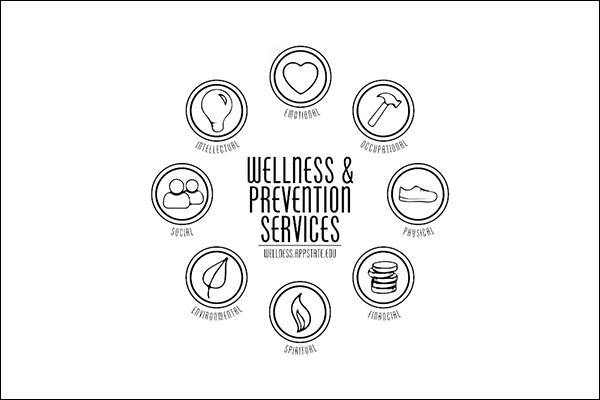
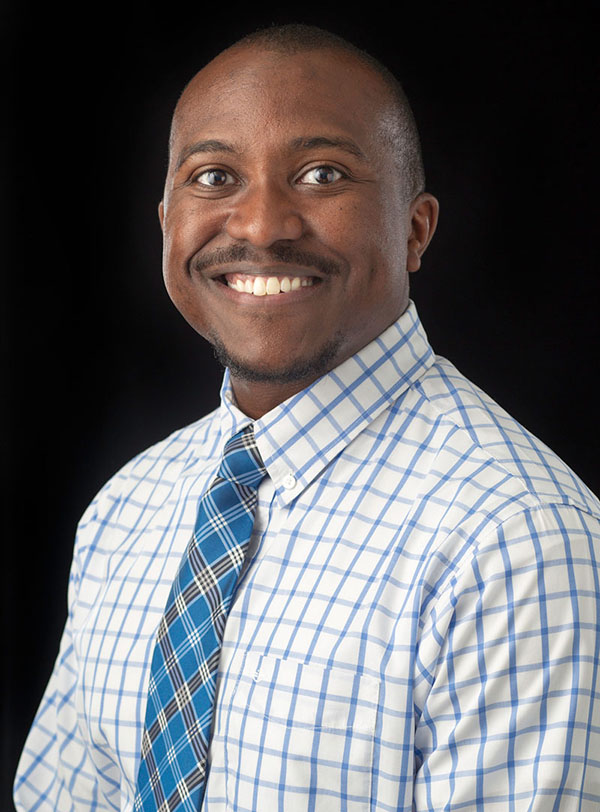
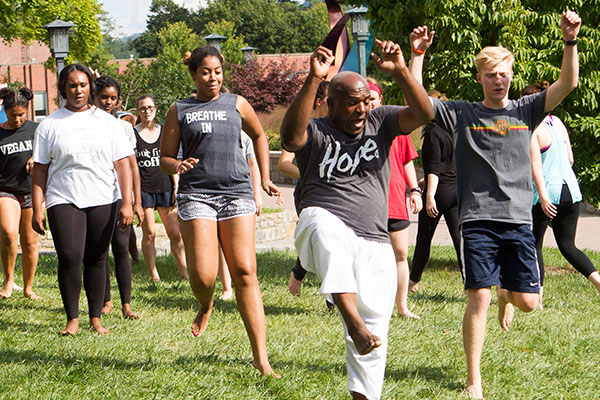
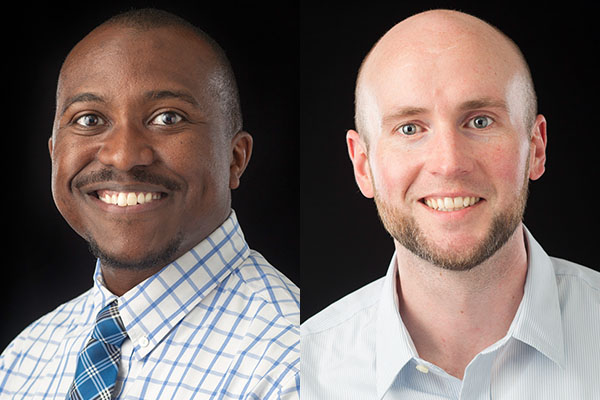
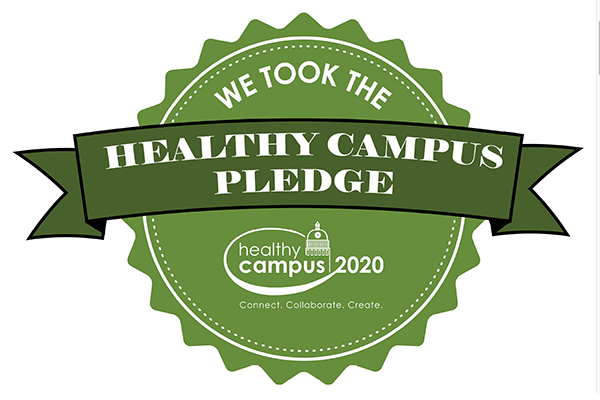
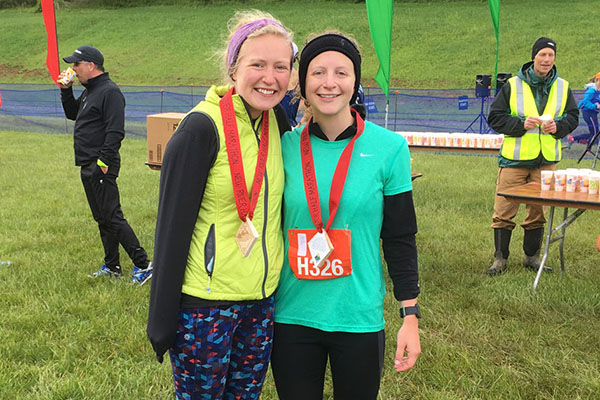



![How NCInnovation Is Rethinking Economic Development in North Carolina [faculty featured]](/_images/_posts/2026/02/rethinking-economic-development-600x400.jpg)







